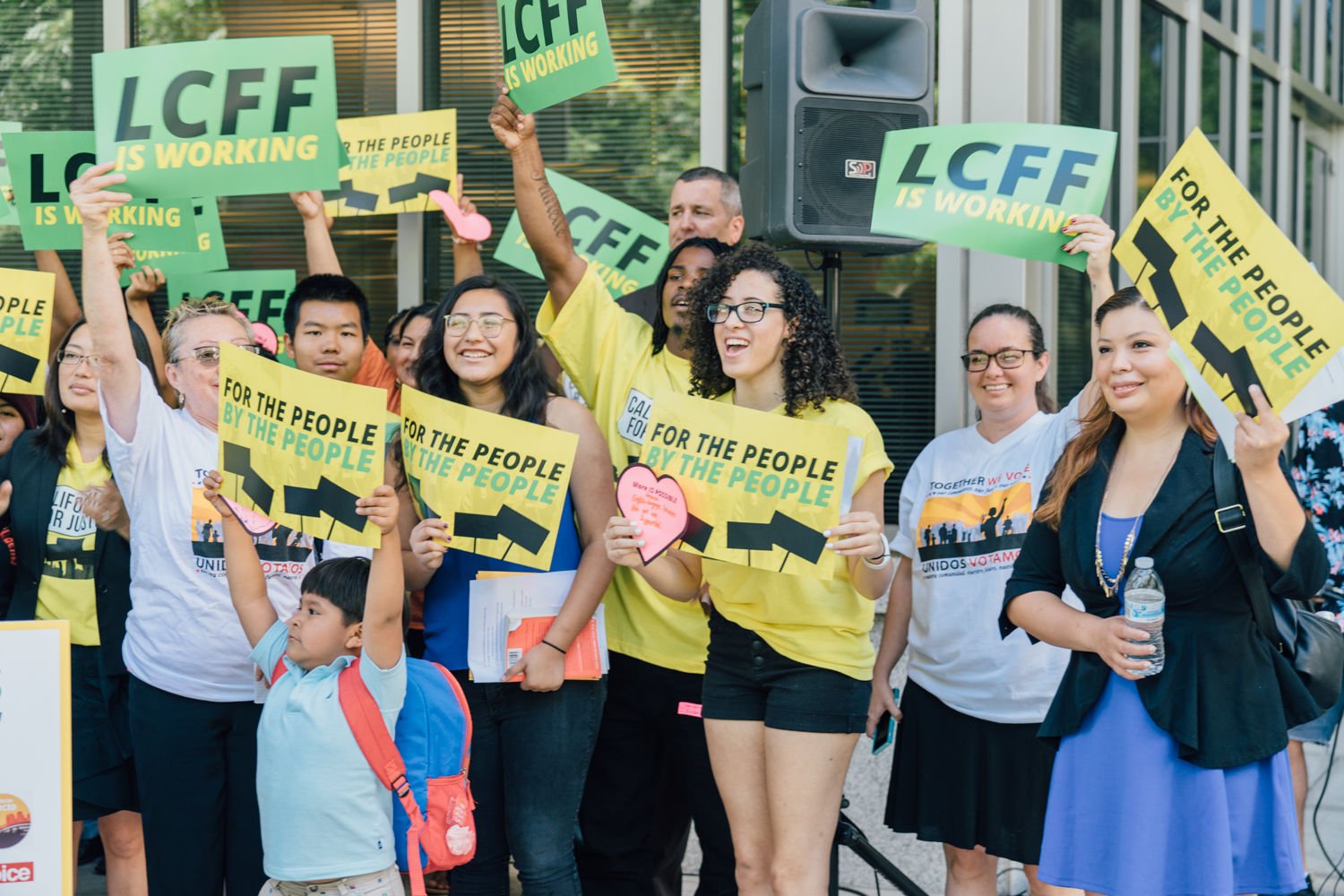
How can we change our perception of power from one that is limiting to one that opens possibilities?
Enabling conditions - How do you create the will and the heart to change power dynamics?
Creating shifts - What is the relational work of transforming power? How do we maintain the will?
Meaning-making - How do we know when power is transformed? What does it look/feel like when power transforms?
Transforming power dynamics:
From Individual to Collective Power
Transforming power dynamics requires healing relational wounds, restoring trust, and cultivating shared agency in systems. We define Collective Power as a diverse community feeling a more balanced sense of agency towards shared system values. Emphasis must be placed on “diverse,” for collective power does not exist in homogeneous collectives. Diversity can create tension, but tension can be used productively.
Three dimensions of power dynamics are important to highlight:
Collective Agency: A sense among diverse stakeholders, particularly those who have been marginalized, that they can make choices and decisions to influence their lives and work.
Shared Systems Values: When beliefs, standards of worth, and principles are closely aligned across diverse stakeholders in a system
Relational Influence: The depth and breadth of diverse relationships that exhibit reciprocity and create a joint level of accountability. It is the social fabric that ties together collective agency and shared values
A few observations on collective agency. We have seen that people’s sense of agency increases with the depth and breadth of their relationships. Therefore, the greater collective agency there is in a system, the more diverse people in the system feel they have relational influence. Relational influence is the social fabric that ties together collective agency and shared values. We define relational influence as the depth and breadth of diverse relationships one has that exhibit reciprocity and create a joint level of accountability.
A few observations on shared system values. We see that systems transform more readily based on shifting collective values than they do through shifting collective goals. Shifting shared values, however, does a stronger job of changing beliefs and principles within the system. As a result, this becomes a more sustainable way to change underlying behaviors.
What we are describing seems like a lofty goal. And yet, it can and has been achieved.
Collective Power for Systems Transformation Community of Practice (CoP)
Power is never static, for power is not a thing that we can hold or store, it is a movement, a relationship, a balance, fluid and changing
Throughout 2024 CCL will convene and engage in dialogue, practice exchange, and learning sessions with 16 diverse systems change leaders and practitioners to explore how to transform power dynamics. Members of this Community of Practice will embark on a 12-month journey to exchange relational practices, build authentic connections, engage in peer-to-peer learning and sense-making, and share tools and approaches.
Quotes & Insights
Session Highlights
Earlier this year, we published in Stanford Social Innovation Review, a case story of Californians for Justice, a community organizing organization’s journey, and how their 25 years in service to marginalized youth has shaped their values and beliefs about how power can be used to help transform public education. This is a story of collective power and how a more holistic orientation toward engaging with and exercising power has the potential to transform systems toward equity and justice. CFJ’s work inspires us to believe in the possibility of system transformation by centering black and brown youth, bridging diversity, nurturing community, and committing to staying and changing together. In building collective power, CFJ has successfully challenged reliance on merely rational premises to embrace a richer and more profound sense of themselves, the students they support, and others with whom they are in relationship with.
Humans of CFJ






































